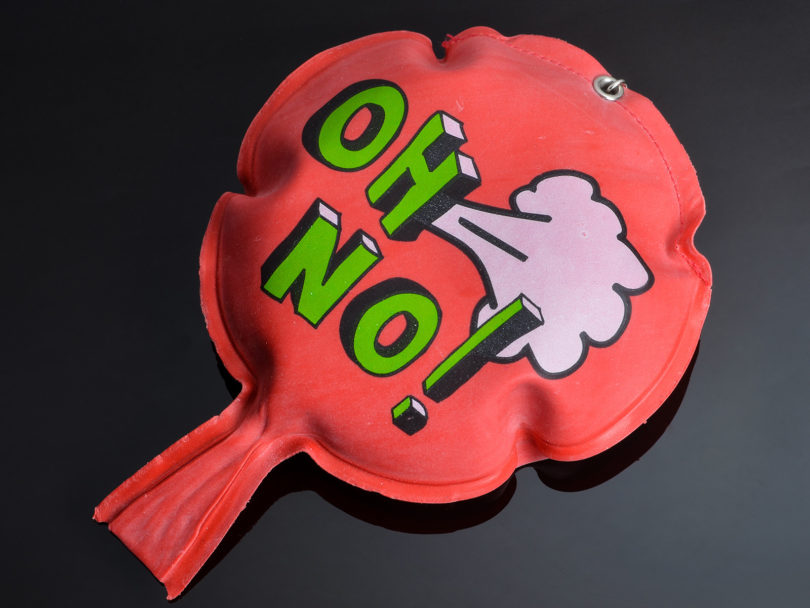We’ve all been there. You are in the middle of a crowded conference room and suddenly your tummy growls, or, worse, you pass gas, um, rather loudly. You’re at the gym when you hear that snap, crackle and pop sound coming from your knees. Just why do our bodies make such sounds, and are they normal?
“There are many noises that the body makes,” says Dr. Josh Smith, Emergency Department Medical Director at Sentara CarePlex Hospital in Hampton, Va. “Some help us communicate, some are embarrassing and some may provide a clue that something is wrong.”
While most noises are normal or innocent, there are some noises that should prompt a visit to the doctor.
Stomach
“Rumbling is a normal sound you hear in your gut when you are hungry or your stomach is trying to clear out leftover food,” shares Monique Brock, a certified physician assistant with Bon Secours Grassfield Medical Associates in Chesapeake, Va. “Flatulence, or farting, is your body expelling gases formed from the byproducts of digested food.” While these are routine bodily functions, you should see a doctor if “you hear high-pitched rumbling that is associated with pain, nausea or vomiting, and you cannot have a bowel movement,” says Brock. “There is concern for a possible bowel obstruction. If you have flatulence with cramping and diarrhea, this could mean you have food intolerances, such as with dairy products.”
Throat
Burping is also normal, and usually occurs after eating or drinking too fast, talking while you eat or consuming carbonated beverages. However, phone a doctor if “you experience belching with stomach pain, burning, a sore throat or have a metallic taste in your mouth,” says Brock.
Hiccups are another strange sound. Eating a large meal, taking certain medications or feeling anxious can sometimes bring about the hiccups. “Anybody can get them anytime at any place,” says Dr. Jamey Burton with Riverside Internal Medicine & Family Care in Williamsburg, Va. “There is no rhyme or reason.” Burton suggests following up with a physician if the hiccups don’t cease after a few days.
Meanwhile, “Wheezing in your throat when you breathe in is called stridor, and indicates an upper airway obstruction,” says Dr. Les Levin, Emergency Department Medical Director for Sentara Port Warwick in Newport News, Va. “Kids with croup often exhibit this. In croup, this sound will often resolve with exposure to humid or cold air. Stridor is potentially serious and should prompt a visit to the emergency room.”
Nose
Colds, viruses and allergies may cause noises in the throat, mouth or nose; otherwise, “breathing through the nose should be quiet and effortless,” points out Dr. Eric J. Simko with Tidewater Physicians Multispecialty Group (TPMG). An unusual flapping sound coming from the nose could be a sign of nasal polyps, while “a whistling sound is usually an indication of a hole or perforation in the nasal septum,” he says.
Ears
“Most people at some point will experience a whooshing, ringing or hissing sound in one or both ears,” Brock states. “This is called tinnitus. Tinnitus can be a result of exposure to loud noise, infection or age. This sound can be quite bothersome to most people, and having congestion can block out external sounds, making tinnitus worse. If you experience tinnitus that is associated with dizziness or pain in the ear, you should consult with your primary care provider.”
Joints
“Joints can often cause clicking or popping sounds,” says Smith. “These are usually from tendons rubbing over bone or joints moving off track. These noises could also indicate arthritis, tendonitis, bursitis or a tendon injury.” If the joint is painful or symptoms hinder your ability to move, seek out professional care. Smith adds, “Your jaw may click or pop at times. This is usually nothing to be concerned about. But if the sound is loud and sharp, it may indicate some malalignment or TMJ syndrome.”



